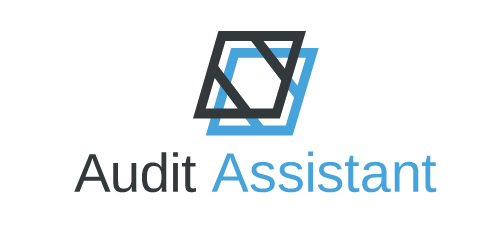Auditors will look at all aspects of your organisation’s affairs in their audit service, not just transactions in and out of your bank accounts, and your approvals process – although these are obviously important. Don’t be surprised if your Auditor asks for details of leases, supply agreements, employment contracts, capital expenditure, grants and funding arrangements.
The purpose of an audit or review is to assure stakeholders that the information presented in financial statements is as correct as possible – a standard often referred to as a true and fair representation of the accounts.
Some of the questions raised during the audit service process can leave a client scratching their head. Let’s clear that up, so you understand what lies behind their questions.
When looking at financial statements, the auditor needs to make sure that the transitions behind the accounts:
- are all there, and no transactions are missing
- are all valid, and valued correctly
- are correctly recorded in the appropriate financial year. audit service
Auditors rely on third-party information such as bank statements, supplier invoices and statements to validate the closing balance of accounts payable. Sometimes written confirmation from a third party is requested to independently validate the balance, on the premise that an unrelated third party has no interest in incorrectly stating a balance and it is often in their interests not to do so. An auditor may also re-perform a calculation, for example, a depreciation expense, to ensure that the transaction is correct.
Another method is to compare this year’s results to the prior year’s. If an organisation has a long-term lease agreement, for example, it would be expected that the rent expense was consistent between years. Sometimes a large expense may be audited in total like an entire year’s payroll expense if matched to IRD information.
Auditors may ask to review minutes and other supporting documentation. They will check that all liabilities, both actual and contingent, have been recognised as well as any capital commitments that the organisation has entered into are adequately recognised and disclosed in the financial statements.
Auditors will also want to know about the process of how transactions are recorded and approve, to see whether the auditor can rely on these controls to make sure they can rely on proper controls to check that certain parts of the financial statements are correct. If the coding of a transaction is reviewed by a manager, for example, each expense in the profit & loss will be checked that it has been coded to the correct account.
During the planning phase of the audit service, the auditors will identify areas of potential risk. Risk to the organisation from external factors and risk for internal errors to occur. For an entity that receives a grant, for example, that has to be repaid if certain conditions are not fulfilled, the organisation may have recognised the grant as income and yet may have to repay a portion if it’s been unspent at the balance date. An Auditor will pick up this information and alert the governance team.
These are a sample of the considerations an auditor needs to keep in mind when undertaking an audit and underpin the questions they may ask. At BVO Audit we pride ourselves on speaking plain language and making sure our clients understand why we ask the questions we do. We welcome your call to discuss your auditing needs with one of our qualified auditors.




